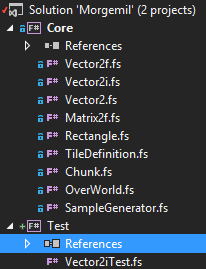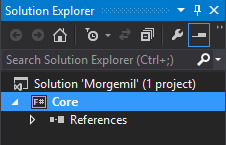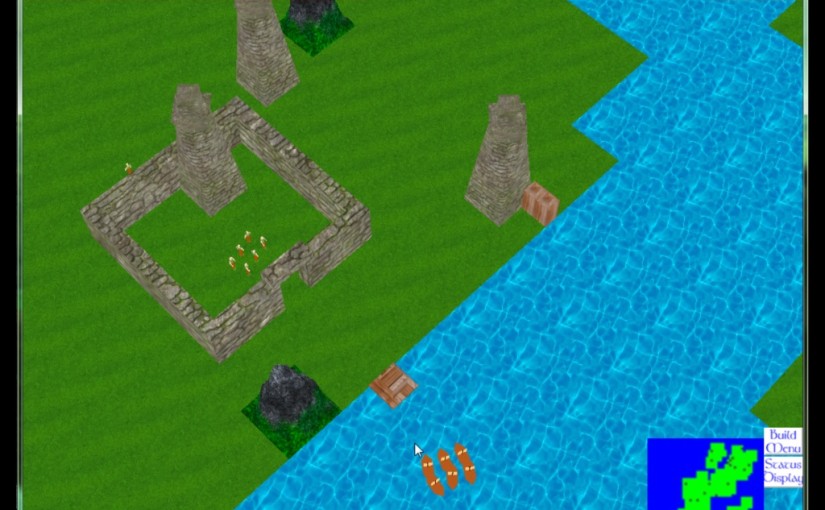My brother and I once took a ballroom dancing class where we were taught the basics of the waltz, salsa, tango, and foxtrot. I wasn’t much interested in the salsa and I no longer remember the foxtrot or the tango. What I do remember is a few steps of the waltz, especially the box where the movement of your feet make the corners of the box.
The dance instructor kept me making the box for a while and it was a little boring, we didn’t actually go anywhere. And that is what I feel like I’ve been doing on this project: taking a step backwards for every step I take forward. After I learned how to make the box and practiced it for a while, the instructor then showed me more steps that can be taken with the waltz to allow free-reign of the ballroom. In the same way, I’ve been brushing up on F# and functional paradigms so that I may have all the power they offer.
Continue reading Morgemil Part 5 – A step backwards and forwards




